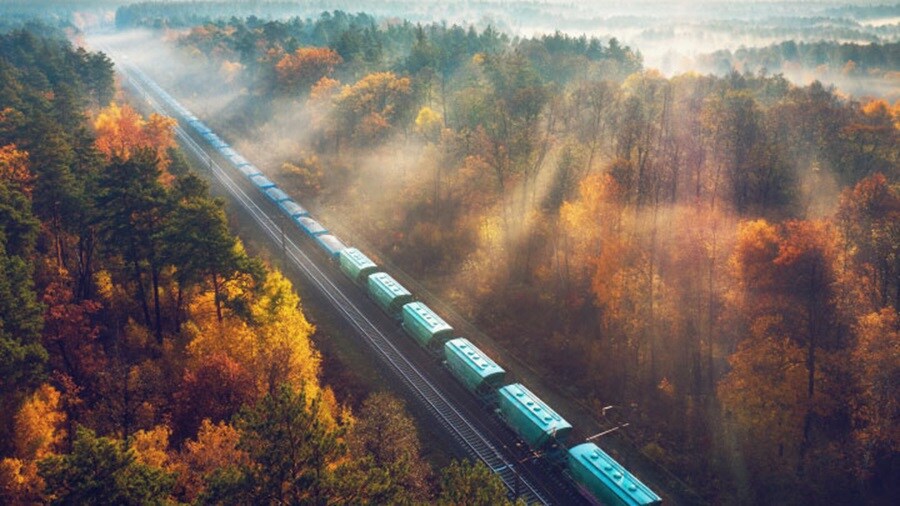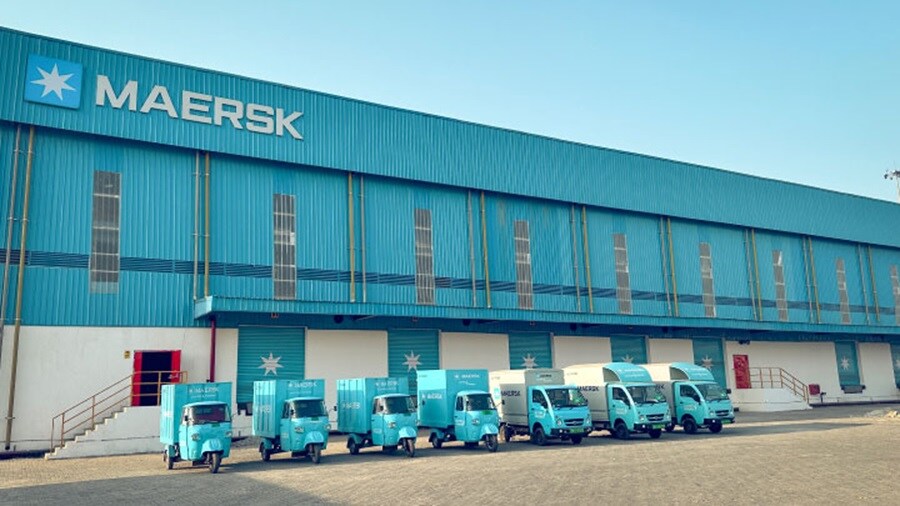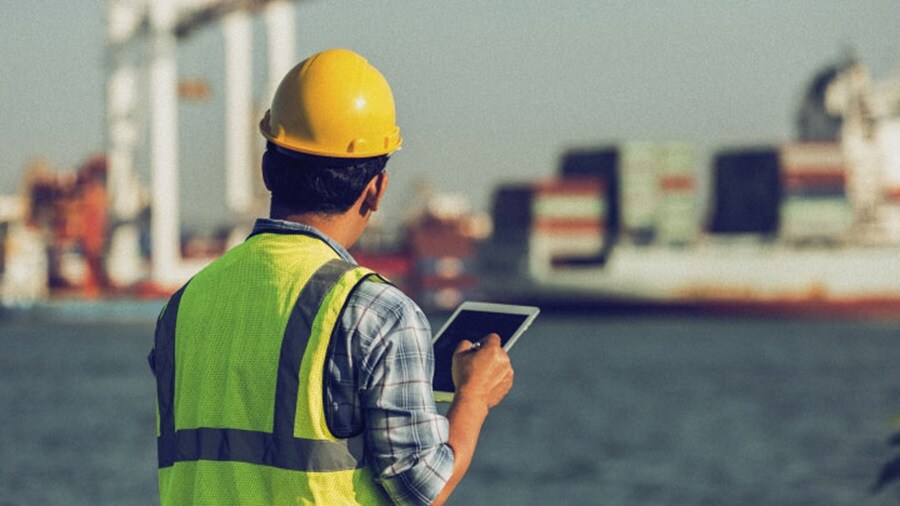The pressure on FMCG companies to decarbonise their inland supply chains is mounting. Despite vehicles being more energy efficient today, greenhouse gas (GHG) emissions from road freight have risen by more than 20% since 1995. To counteract this, 19 EU countries have applied a carbon tax on fossil fuels and it looks likely more regulations will follow. FMCG companies need to reduce GHG emissions from their operations quickly – those with a head start will find the transition easier and less disruptive to profits and growth.
But it’s not just FMCG companies that have work to do here. The transport sector represents about 16% of global GHG emissions per year, so logistics companies have a huge responsibility to drive decarbonisation initiatives too – for themselves and their customers. At Maersk, we’re trying to solve this issue by providing flexibility and speed, an ecosystem model to reduce business’ GHG emissions, and decreasing the use of fossil fuel. Here’s how.

Flexibility and speed
Maersk Inland’s flexibility and speed help FMCG companies drive efficiency throughout their supply chains, aiding decarbonisation without sacrificing product availability.
By using Maersk Inland, you can seamlessly move between train, barge, and truck, through a single point of contact, optimising the efficiency of your supply chain.
Not to mention, this flexibility gives FMCG companies the ability to outsmart disruptions. Maersk’s recent investment in an electrified rail line between Valencia and London, for example, has helped ease supply chain bottlenecks while reducing the GHG emissions footprint of products that our customers in Spain sell:
Our rail transportation offers much lower GHG emissions than a truck on the road and frees Spanish exporters from the driver scarcity and road bottlenecks.

A new ecosystem
It’s widely accepted that large-scale progress is going to come from large-scale changes and innovations. In other words, an ecosystem of new technologies and new processes is needed to drive decarbonisation. That’s why Maersk is building one.
By 2050, half the world’s CO2 reductions will come from technologies that are currently at the demo or prototype phase. Maersk’s recent innovations include:
- Piloting alternative biofuels and electrification in heavy-duty trucking.
- A logistics warehouse in Denmark, which is the first of its kind and aims to reduce GHG emissions from operations.
- A pilot in Japan to use renewable biodiesel for container drayage, aiming to reduce GHG emissions by up to 80% based on lifecycle analysis.

Alternative fuels
Arguably, alternative fuels with reduced GHG emissions* is the cornerstone of decarbonisation. But although the use of it is gaining momentum, there’s still a challenge to scale supply to meet global demands.
To overcome this, huge effort and collaboration are needed across the value chain.
Nevertheless, Maersk has made meaningful progress at sea. The investment into a dual-fuel vessel that can run on methanol is set to go into operation this year.
Now, we’re bringing decarbonisation efforts into action— Maersk is ready to scale inland.
*Maersk defines reduced GHG emissions fuels as fuels with at least 65% reductions in GHG emissions on a lifecycle basis compared to fossil of 94 g CO2e/MJ, calculated following REDII methodology
无论您需要什么,我们都可以随时为您提供帮助
I agree to receive logistics related news and marketing updates by email, phone, messaging services (e.g. WhatsApp) and other digital platforms, including but not limited to social media (e.g., LinkedIn) from A. P. Moller-Maersk and its affiliated companies (see latest company overview). I understand that I can opt out of such Maersk communications at any time by clicking the unsubscribe link. To see how we use your personal data, please read our Privacy Notification.
By completing this form, you confirm that you agree to the use of your personal data by Maersk as described in our Privacy Notification.
